Content from the Brookings-Tsinghua Public Policy Center is now archived. Since October 1, 2020, Brookings has maintained a limited partnership with Tsinghua University School of Public Policy and Management that is intended to facilitate jointly organized dialogues, meetings, and/or events.
Complete denuclearization of North Korea remains a worthy goal, but it should not be our principal near-term demand, argue Ryan Hass and Michael O’Hanlon. Rather, the goal of U.S. policy should be a verifiable freeze on the testing of nuclear weapons and long-range missiles by North Korea, as well as a freeze on the production of plutonium and highly enriched uranium that can be used in nuclear bombs. This post originally appeared on USA Today.
After North Korea’s sixth nuclear test on Sunday, the first during the Trump administration and the first reaching the explosive power characteristic of a hydrogen bomb, toughening and tightening of international sanctions is the inevitable and necessary first response.
But we also need to think in the longer term. The world faces a conundrum on North Korea policy. Simply threatening pre-emptive military strikes or upping the pressure on Pyongyang over its nuclear and long-range missile programs, in the hope that Kim Jong-un will ultimately trade away his nuclear weapons for relief from sanctions, will not work if North Korea sees its nuclear weapons as central to its security. That appears to be the case today. Complete denuclearization of North Korea remains a worthy goal, but it should not be our principal near-term demand.
Rather, the goal of U.S.—as well as South Korean, Chinese, Japanese, and Russian—policy, should be a verifiable freeze on the testing of nuclear weapons and long-range missiles by North Korea, as well as a freeze on the production of plutonium and highly enriched uranium that can be used in nuclear bombs. North Korea has shown some openness to the testing idea in return for a freeze on large-scale U.S.-South Korea military exercises. However, American interests require a freeze on the expansion of North Korea’s nuclear arsenal, now estimated at perhaps 60 warheads in size, as well. That should be our minimum demand, and we would need to make it as verifiable as the the Iran nuclear deal, officially called the Joint Comprehensive Plan of Action of 2015.
What can Washington—along with Beijing, Seoul, Tokyo and Moscow—be willing to offer Pyongyang in exchange for such a sweeping and indefinite freeze on North Korea’s nuclear and long-range missile programs? Clearly, the kinds of incentives we offered in the 1994 Agreed Framework or the 2007 Bush administration deal with then-leader Kim Jong-il, both of which sought to denuclearize North Korea comprehensively over time, could not be offered here.
First of all, Pyongyang already violated those earlier accords. Second, what it would be giving up here would be much less than it had promised.
Thus, large-scale U.S. energy assistance and other such forms of foreign aid cannot be on the table, nor can any lightening of most American sanctions on North Korea dating to the Trading with the Enemy Act of Cold War days. United Nations sanctions that prohibit assistance to North Korea’s weapons programs should also stay in place, because nothing about an interim deal would demonstrate a profound change of heart by North Korea, which remains the most militarized and the most Orwellian country on earth.
But we do have other trades to make.
First, the military consequences of an end, temporary or even permanent, to the annual large-scale exercises that “Combined Forces” now conduct on the peninsula can probably be addressed and considerably mitigated. Even without large-scale exercises, we can continue smaller unit-by-unit training. We can continue to improve plans with Seoul for defending South Korea at the level of headquarters and planning. We also could conduct larger-scale integrated exercises in America, thereby continually supporting military readiness, but in a manner that eliminates North Korea’s ability to use our exercises to justify its brinkmanship.
The recent U.N. sanctions targeting North Korea’s trade in coal, seafood and metal products can also be put on the table. These are recent sanctions applied specifically in response to the nuclear and missile tests of recent years, so it makes sense to lift them—albeit with snap-back provisions should North Korea violate the accord—if Pyongyang agrees to desist in the future. Specifically, North Korea’s $6 billion a year in trade with China—an amount that could be reduced by perhaps a third if current sanctions are enforced—could be largely restored under the terms of a deal that froze North Korea’s nuclear and missile programs in place.
South Korea and Russia could also be allowed to increase their future economic engagement in ways prohibited by U.N. Security Council Resolution 2371 of this August.
Some will say North Korea will never accept a freeze on its programs. We think this is a proposition worth testing.
Others will say such an interim deal would offer no likelihood of a long-term nuclear disarmament accord and could wind up the new normal for years into the future. We agree. But that is still a better outcome than a belligerent North Korea conducting brinkmanship with its military programs while also expanding its nuclear arsenal each and every year.
Additionally, we believe that a freeze would provide greater support to our alliance relationships than the present course—North Korea rapidly improving its capacity to strike South Korea, Japan and us with nuclear warheads.
Should North Korea agree to this kind of deal but then cheat, as history suggests it very well might, major U.S.-South Korean exercises should be promptly resumed. In addition, just as with the Iran nuclear deal, snapback provisions should apply to sanctions, and they should be automatically reimposed.
Indeed, there should be the additional understanding among Beijing, Seoul, Washington and others that in such a situation, additional sanctions would be appropriate, slashing trade with Pyongyang even more deeply than is now the case, and secondary sanctions by America on any Chinese firms or banks violating the accords would also be reinstated.
We should drive a tough bargain with North Korea, to be sure. But we should not fear to negotiate, or to accept an interim deal as a much-preferred alternative to the path we are all now on.
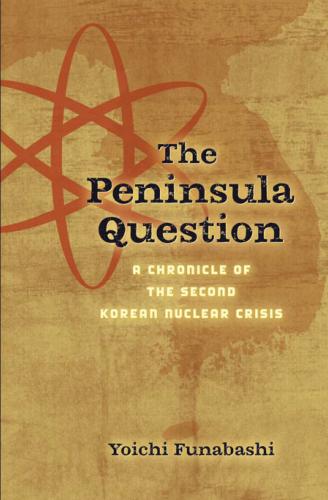
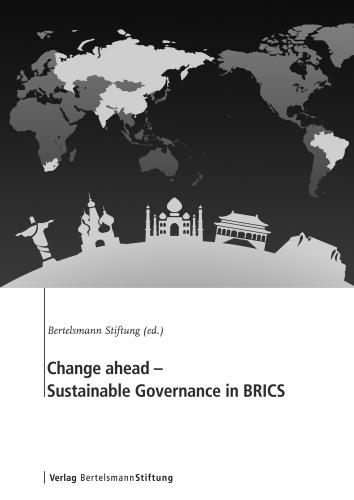
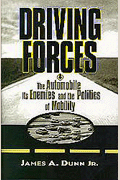
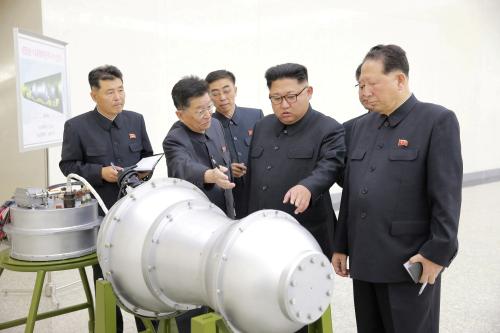

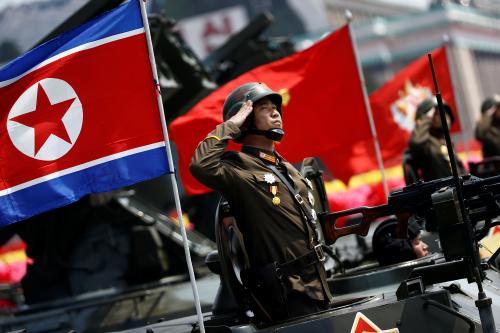


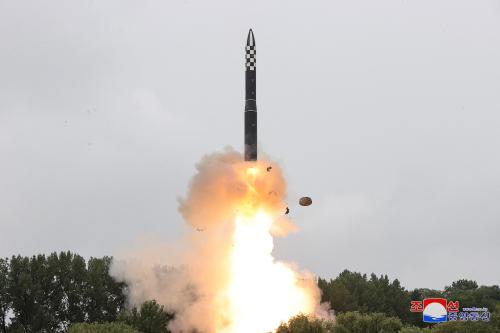
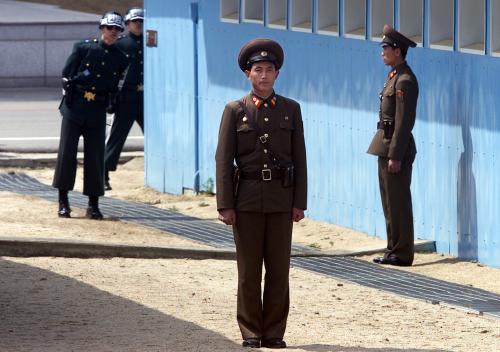
Commentary
Despite H-bomb test, negotiate with North Korea—but from a position of strength
September 6, 2017